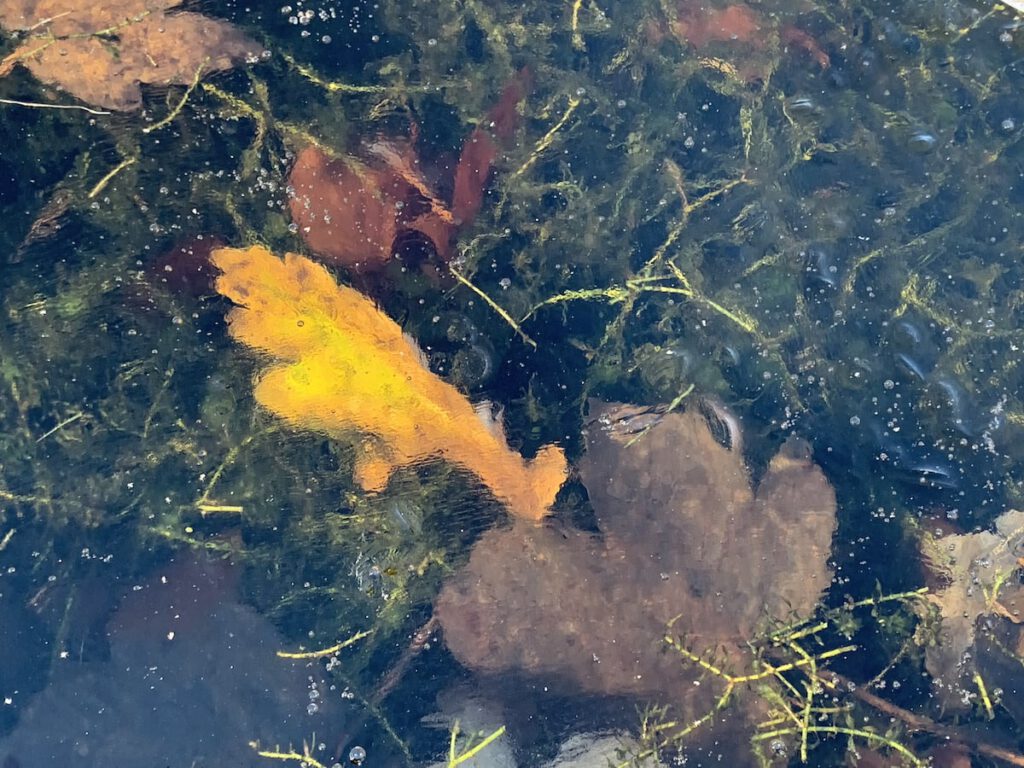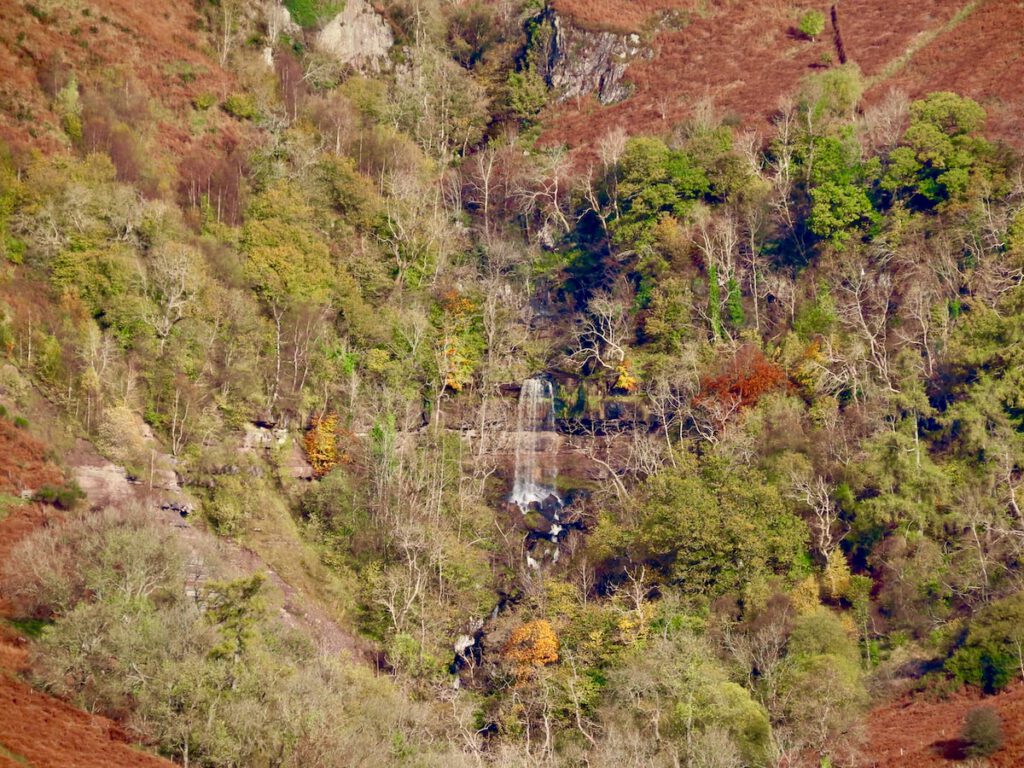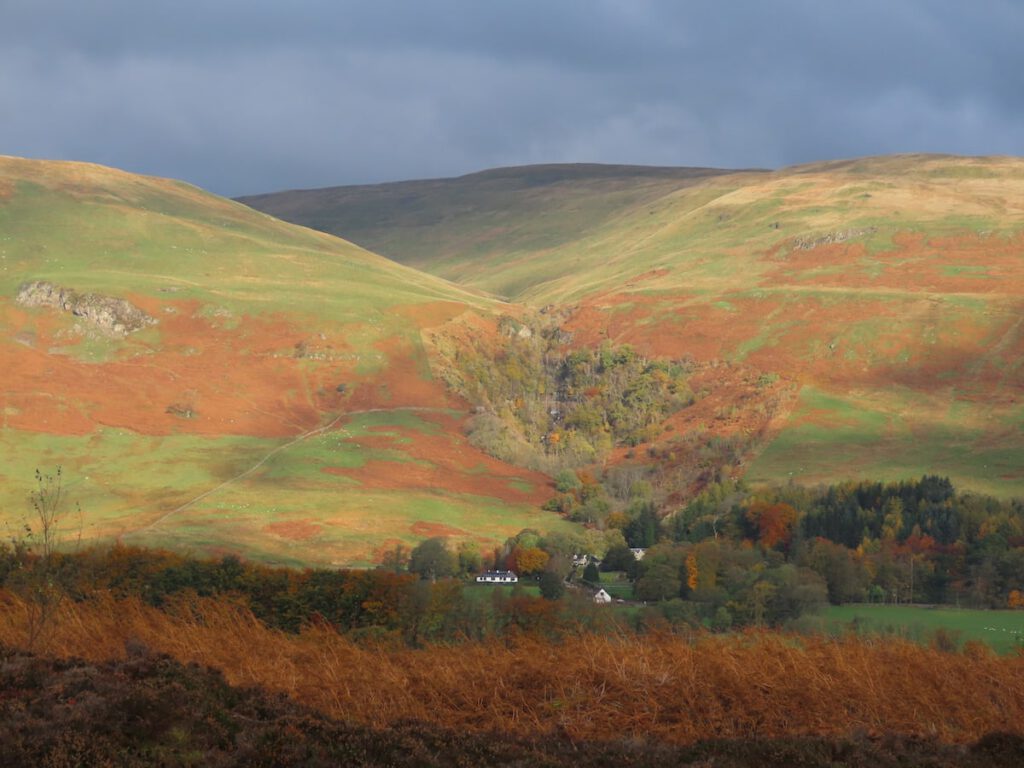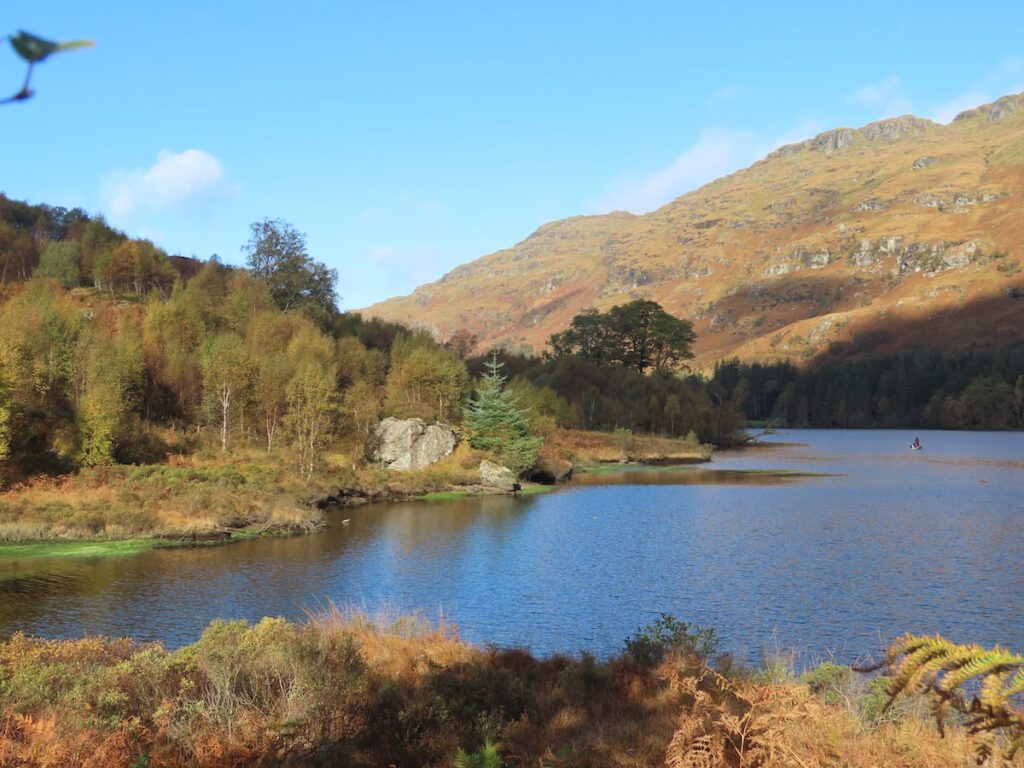#SilentSunday
Read: Tomorrow, and Tomorrow, and Tomorrow by Gabrielle Zevin ★★★★☆📚
Engrossing, the game programming context kept out of the way & I let the characters shine.
Thus measures implemented to protect pedestrians work very effectively with the cars that do least damage, but are next to useless with the cars that cause most harm.
There doesn’t seem to be any advantages to SUVs. Powerful list of downsides.
A wee bit technical
At work I get emails about scratch. I often miss these or don’t pay enough attention. There is also a scratch blog on medium. I thought I could subscribe to that in an RSS reader. Couldn’t see a rss link so I searched for more information. Ironically the first two medium articles I found needed a paid account to read. Eventually I just pasted the link into Inoreader which did auto discovery. I also found the email archive on mailchimp and subscribed to that too.
It seems to me that it is getting harder to be a wee bit technical. Like hiding full URLs in the address bar, or making it difficult to find an episode page for a podcast to link to. No RSS link buttons or links to audio files. These changes may have been made in the name of simplification or to make pages a bit stickier but cause frustration here.
Join us, Richard, Elaine and Chris, our brand new podcast and our first ever episode, as we share our desert island apps, our favourite iOS features, our best bit of recent CPD and why we should rule the world! Before, we answer the big question, which is and will always be... How is learning be…
I was delighted to hear my name mention on this new educational podcast coming from a trio of Glasgow teachers. A life time ago I used to work beside Richard. Very much iPad focused but lots applicable elsewhere. I’ve subbed and look forward to hearing more episodes. There was some discussion about pupils as leaders of learning and I hope this might be a theme I can find out more about.
Hearing from very Apple focused teachers will be interesting for me. Although I’ve been Mac for all of my technical life and 1–2–1 iPads in my class for a good few years my tech interests/obsessions are not iPad centred so this should be CPD for me. Apple pencils seem to be transformative in Glasgow, I’ve never even picked one up.
The podcast is of a reasonable length and is split up nicly into sections, one of which was the teams favourite iOS thing. I’d agree with AirDrop, which I’ve hammered in class for the last 8 years. Unfortunately it has stopped working for us in school at the moment, not sure why?
It is nice to hear some Scottish educators voices. There was mention of podcasting in one of the presenter’s classrooms. I am looking forward to listening to that too. I still find it puzzling that podcasting does not happen more often with learners. It has amazing potential. The fact you don’t need much in the way of hardware and in Scotland Glow Blogs can provide the hosting for free for pupils make it to me compelling.
Nice name & logo.
N.B. the link is to apple podcasts, I can’t find a generic page.
Listened to The poster’s guide to the new internet
Listened to The poster’s guide to the new internet – The Vergecast | Podcast on Spotify
In episode three of our connectivity mini series, The Verge’s David Pierce explores the idea of and , two syndication models for posting on the internet that don’t rely on a single platform.
Along with the companion article POSSE: a better way to post on social networks – The Verge this was a mostly straightforward account of POSSE.
The highlight for me was listening to Manton explaining his philosophy in a very clear way. Manton always makes perfect sense to me.
One of the original premises was just, could we rebuild a Twitter-like user experience, but based on blogs?
The timeline in micro.blog is just post from lots of feeds, lots of RSS feeds, whether they’re hosted on micro.blog, or they’re hosted somewhere else.
How do we merge those together so you don’t just have a few tabs open with your favourite websites and you’re typing in the domain name, it’s more of a newsfeed timeline experience, and that’s what people want.
But if the foundation of that, if the protocols can be open, it allows us to build so many interesting apps, so many different types of experiences.
It’ll just be way better.
What is particularly delightful to me is the way Manton starts with RSS feeds. micro.blog is almost the opposite of most other networks as it doesn’t try to lock you in an any way. I’ve been using the service since the beginning, completely free of charge as I have my own blog here.
Manton is also clear on the difficulty of getting more people away from the silos and on to their own domain and using more open services.
The comments by Matt Mullenweg, any positive move towards IndieWeb ideas from WordPress will have a huge effect.
I was quite frustrated in looking for an RSS feed for the The Vergecast. Ironic given the subject of this episode. I finlly found it on their pod.link page. I do wish RSS feed links were not becoming harder to find.
Read: Hungry Ghosts by Kevin Jared Hosein ★★★★★ 📚
Great read, drops you into 1940s Trinidad plantation barracks. Cramp, leaky & claustrophobic. History & the recent past twists Hans, Shweta & Krishna, good people, into knots. Entangling characters, setting & my attention.
Life in Links 52
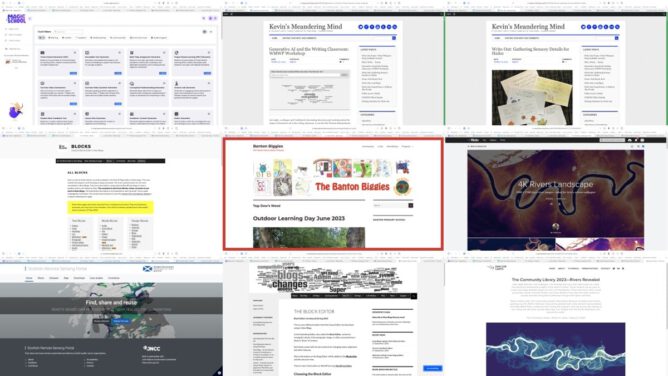
School
MagicSchool is your AI assistant for all things teaching. We think #TeachersAreMagic – and we are on a mission to fight teacher burnout with Artificial Intelligence.
Limitations
May occasionally produce biased or inaccurate information
Only has knowledge up to the year 2021
Cannot search the internet or produce images (yet)
A large set of AI tools for teachers, I’ve only tried one so far. I wonder how they will make money. Sign up for fee is the only thing I can see. I’ve used ChatGPT is a fairly casual way, making crosswords questions and cloze procedures for H2P.
Kevin’s Meandering Mind | Generative AI and the Writing Classroom: WMWP Workshop
Overall, our intentional message was not “the world is ending so ban AI” but more, “this is our new reality, so how can we start to think of AI as a partner to help us as teachers and maybe help our students as writers?” and I think that theme really resonated with the educators who joined us last night.
Also from Kevin, Write Out: Gathering Sensory Details for Haiku which if the weather permits and we can get to the woods I’ll try next week.
Holiday rabbit hole
This
from Tom Woodward
lead to a collection of links including: Dan Coe Carto – The Community Library 2023—Rivers Revealed
Lidar (light detection and ranging) is a technology that uses laser light pulses to create intricate three-dimensional models of the earth’s surface. These models can be used to create stunningly detailed images of rivers and floodplains. These depictions often reveal previously unseen channels where rivers have flowed in the past and invite viewers to visually meander along these pathways through both space and time.
And some local data Scottish Remote Sensing Portal makes me wonder how difficult this would be, it would be nice to do from places I know.
Glow Blogs
I also spent a fair bit of time in the wet weather on Glow Blogs help. Although the classic editor is default on Glow Blogs, we are getting ready for using Blocks. I’ve been updating information and using the blocks editor to do so. I’ve tried all the blocks and am now a lot happier using it.
Featured image: a montage of screenshots of some of the lined pages, my previous script had a few problems with cookie banners, so this one used Safari & takes screenshots. Not as elegant and I think there are a few daft decisions, but it works.

